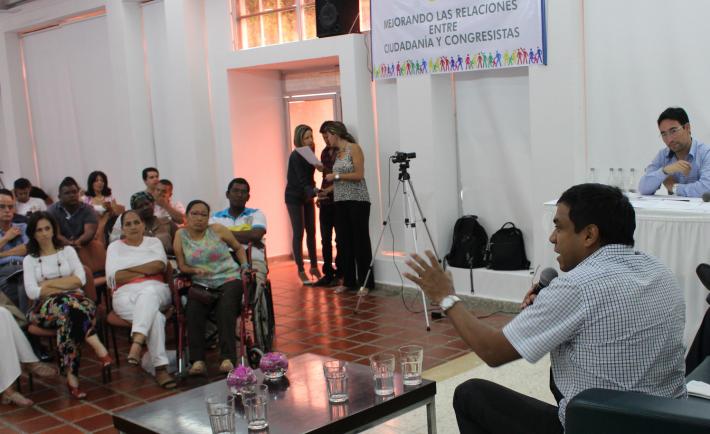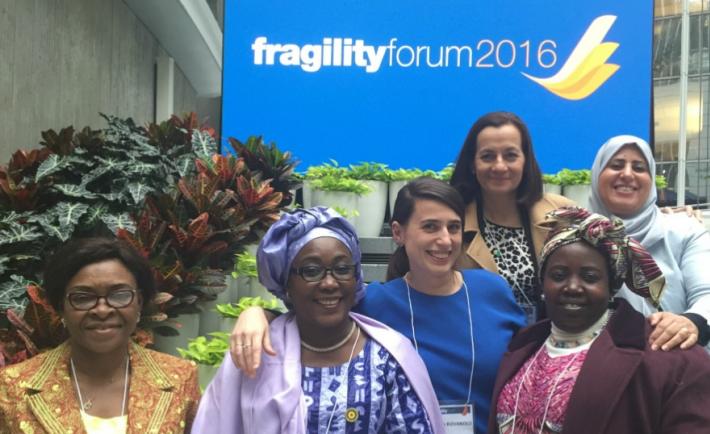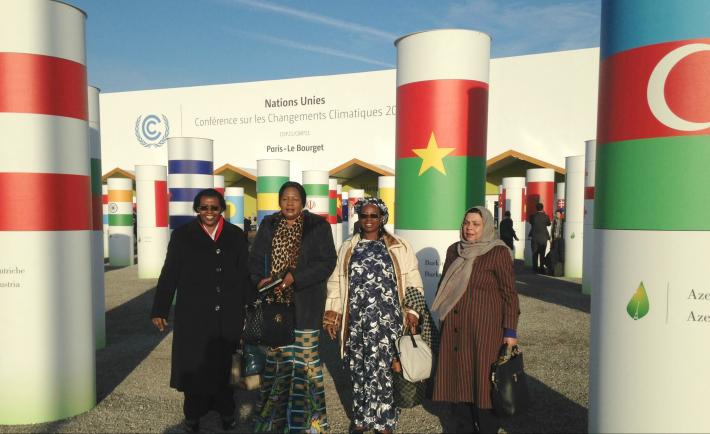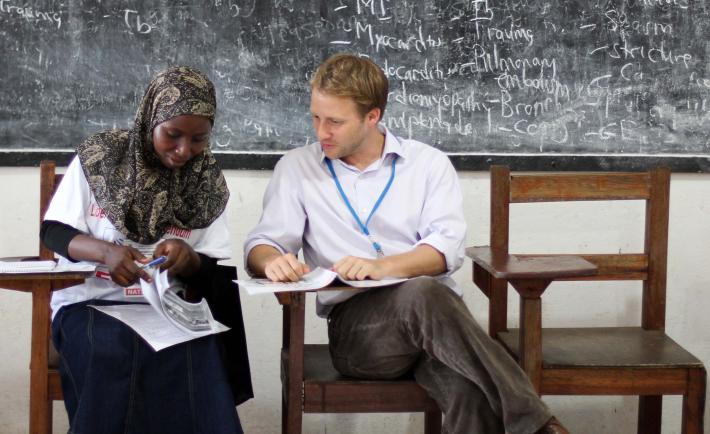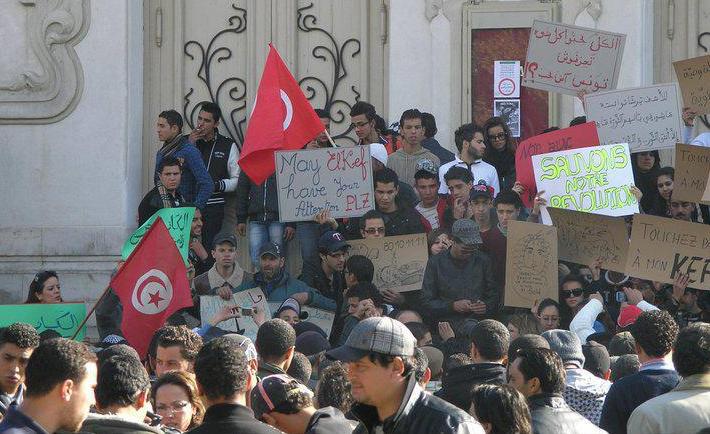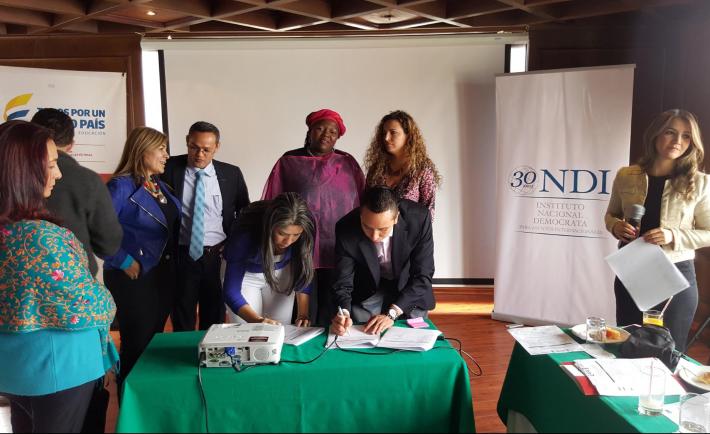
Presidents of federations of local assembly and council members and the Victims Unit Subdirector for Participation sign a collective reparations plan.
Countries transitioning out of violent conflict are more successful in achieving lasting peace when representative institutions are inclusive and manage reconciliation processes fairly. The end of violent conflict does not guarantee a political voice for former combatants or reintegration into society. By its nature, violence also generates victims, who must be central actors in the development of peace accords, reparations plans and transitional justice systems. In a post-conflict context, the development of transitional democratic political processes is necessary for fostering reconciliation and building peace. In this post – the fifth in NDI's series on resilient democracy – NDI Program Officer Austin Robles examines the peace negotiations and reconciliation process currently underway in Colombia.

